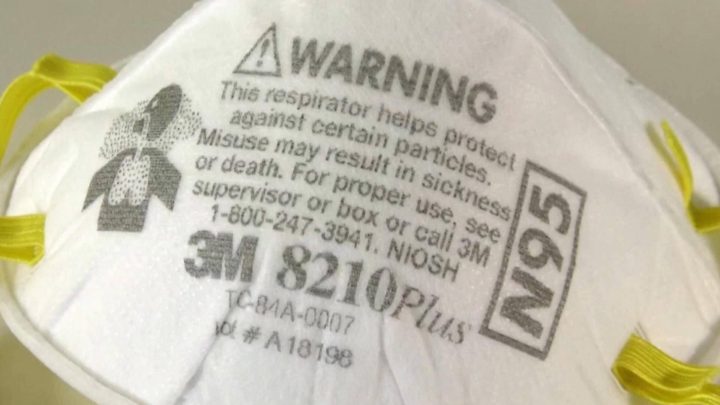
“Nurses are very concerned for their own health, for the health of their co-workers and their patients. If we start losing frontline providers to this virus, this system’s going to fall apart.”

Get weekly health news
“We are soliciting for help to collect the supplies we need in order to guard Manitobans against COVID-19.”
“If there are N95s, if there are surgical masks, if there is hand sanitizer out there, I do absolutely join the government in encouraging the private sector to please donate that.”
Questions about COVID-19? Here are some things you need to know:
Health officials caution against all international travel. Returning travellers are legally obligated to self-isolate for 14 days, beginning March 26, in case they develop symptoms and to prevent spreading the virus to others. Some provinces and territories have also implemented additional recommendations or enforcement measures to ensure those returning to the area self-isolate.
Symptoms can include fever, cough and difficulty breathing — very similar to a cold or flu. Some people can develop a more severe illness. People most at risk of this include older adults and people with severe chronic medical conditions like heart, lung or kidney disease. If you develop symptoms, contact public health authorities.
To prevent the virus from spreading, experts recommend frequent handwashing and coughing into your sleeve. They also recommend minimizing contact with others, staying home as much as possible and maintaining a distance of two metres from other people if you go out.
For full COVID-19 coverage from Global News, click here.














Comments